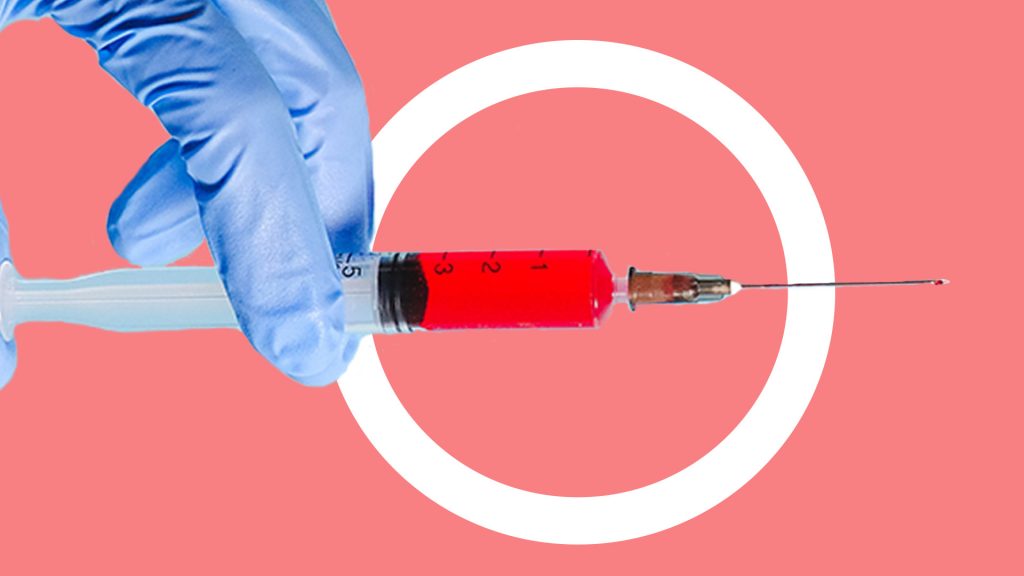The faculty senate voted late Tuesday evening to pass a resolution regarding the University of Mississippi COVID-19 policies. The resolution directly calls upon the university to initiate a vaccine mandate, and calls upon other bodies at the university – such as the Associated Student Body and the Staff Council – to support the resolution.
The resolution comes nearly two weeks after the Institutions of Higher Learning Board of Trustees voted not to require the COVID-19 vaccine for Mississippi public university students.
The faculty senate body, made up of representatives for each department in the university’s 11 schools and colleges, voted overwhelmingly to pass the resolution. Eighty-nine percent of present voting members voted “Yes.”

Toward the end of February, University of Mississippi Chancellor Glenn Boyce announced via email to students, faculty, and staff that the university would be returning to a “full in-person, campus experience” for the fall 2021 semester. Due to a steep rise in cases, caused in large part by the Delta variant, the Chancellor issued another statement on Aug. 4, announcing the implementation of temporary protocols to prevent spread of the virus. However, the university moved forward with in-person classes and no vaccine requirement.
Almost immediately, there were concerns about the virus spreading on campus as well as concerns about students missing in-person classes due to illness. Many professors, like Carrie Smith, are reporting attendance issues, due in part to the pandemic.
“I teach a 40 person class and I had about 10 people in class today. I know of at least four who are quarantining—they are doing the right thing,” Smith said during Tuesday’s meeting. “Is there a threshold at which—when you have “x” percent who are quarantining that it is acceptable for the professor to make that determination that we don’t want to leave behind…students when we could do this online, I think that could be very helpful.”
Earlier drafts of the resolution called on the university to do a number of things in addition to a university-wide mandate, like supplemental preemptive testing and establishing policies and procedures for faculty to choose teaching modality depending on the circumstances of the pandemic, without penalty. In the end, the body decided to call on university administration to mandate the vaccine, exclusively. According to Faculty Senate Chair Daniel Durkin, another resolution regarding some of the items removed is in the works.
The resolution lists in great detail the factors that necessitated the resolution’s conception as well as what some of the faculty believe to be the risks associated with those factors.
“The conjunction of these factors is likely to result in student and faculty absenteeism in face-to-face courses because of COVID-19 infections, quarantines and caregiving responsibilities,” the resolution reads. “And in COVID-19 related hospitalizations and deaths among students, faculty, staff, and their households, including children under 12 not eligible for vaccines and other community members.”
The resolution was passed halfway into the third week of the semester, with around two weeks of data to draw impressions from. As of the morning of Sept. 8, there are 114 active confirmed cases – 109 students and five staff and faculty. Since the start of the semester, there have been 255 self-reported cases according to the university’s COVID-19 dashboard.
The semester’s start saw a two-week spike in the rate of self-reported cases, with a high of 39 new cases happening on Aug. 30. Within the past few days, however, the rate of new cases has slowed down considerably.
Provost Noel Wilkin wrote in an email there were no cases of students, faculty or staff hospitalized by COVID-19 that he is aware of.
While the vaccine mandate seeks to heavily cut down on the rate of transmission, the Office of the Provost and the university’s Contact Tracing team have been working with their own strategies and following the data for the first two weeks.
According to Wilkin, testimonies and willingly-supplied data from students so far do not suggest that academic indoor settings such as classrooms and lecture halls are at a particular risk for transmission of COVID-19.
“I am not aware of any evidence that links virus spread to classroom settings,” Wilkin wrote in an email. “In fact, we do not have any evidence of spread taking place in work spaces when protocols are followed.”
This resolution is not a direct instatement of policy, but rather a guideline that the faculty senate is in general agreement on. With the resolution passed, it will be sent to the Office of the Provost and the Chancellor to use as they see fit. Any further decisions on a vaccine mandate lie within the hands of these two departments.
“I think that the senate did a good job in crafting a more narrowly focused resolution,” said Brian Reithel, a business professor and Faculty Senate member. “It’s clear that the vast majority of senators representing departments from across campus were in support of it.”
Durkin shared similar sentiments, praising the senate body’s efforts.
“I am very proud of the process that led to this resolution being passed,” he said. “The amount of collegiality and cooperation in the meeting last night is a testament to the amount of professionalism in the Faculty Senate body. The Senate strives to be a deliberative body that serves as a voice for our faculty and colleagues at the University of Mississippi.”



























